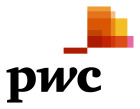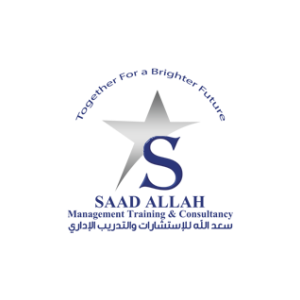PwC's Academy

About
PwC’s Academy is the educational business of PwC. Our goal is to help improve the knowledge, skills, competence and expertise of people in finance and business; to help organisations across the region grow and retain their talent. Our foundation is our team of expert professionals who convey their wealth of knowledge and the practical experience they have gained within leading organisations around the world. PwC’s Academy is committed to supporting the sustainable growth of local talent across the region. Our expanding Academy currently operates across the Middle East from seven countries: UAE, Oman, Egypt, Jordan, Lebanon, Qatar and Saudi Arabia. PwC’s Academy in the Middle East is part of a growing network of Academies present in over 30 countries worldwide. We offer a variety of training courses, based on the best practices of PwC Global and the individual experiences of our experts. We constantly adapt our courses to meet the needs of modern business, customizing them to our clients’ requirements and assisting our clients in reaching their organisational training and strategic objectives.
Location: United Arab Emirates - Dubai
Type: Training Programs
Courses
This two day course provides an appreciation of the fundamental concepts of finance to those who are from a non-finance background or need to refresh their finance knowledge. Participants will concentrate on understanding the key financial statements and learn to analyse financial performance for decision making. The course will also cover the basics of budgeting, management accounting and sourcing finance.
A lot has changed since David Ulrich, the ‘father’ of HR business partnering first presented his model for the optimum delivery of HR in the 1990s. HR business partnering is now a popular and widespread approach to organising the HR function and there is an ongoing debate over what the role involves, how it should be put into practice and the challenges faced. This interactive session will be delivered using a mix of multisensory approaches including facilitated sessions, group work, case studies, exercises and activities. Participants will also receive a workbook with additional content for self-guided learning.
This course covers fundamental skills needed to utilise Excel to the best effect and then illustrates these skills in the context of developing best practice financial models. You will learn key tools of Excel which are useful for business analysis and how to construct a reliable financial model encompassing three financial statements (balance sheet, profit and loss statement and cash flow).
With trillions of US dollars of assets being held off the balance sheet the IASB and FASB had the leases convergence project as a priority. The process has taken a significant amount of time to come through to a new standard and the implications will have a significant impact on every organisation. With a new definition of what constitutes a lease and with all operating leases coming onto the balance sheet, financial statements of lessees will look very different. IFRS 16 is effective for periods beginning on or after 1 January 2019 but there is a lot of work to be done prior to the standard becoming effective.
An agreement on a common VAT framework to be implemented across the GCC states is expected on 1 Jan 2018. In anticipation of the issuance of the final legislation, our ‘Preparation for VAT’ Series will help you begin to prepare for this change. The Programme is designed to cover the principles of VAT, and its impact on individuals and businesses in the GCC.
Loading
Institutions In Similar Industries
-
London Training For Excellence
Great Britain (UK) - London
“We endeavour to satisfy the needs of our clients, employees and stakeholders by delivering World - class training programs, courses…
-
Grey campus
India
-
Saad Allah Management Training & Consultancy
United Arab Emirates - Dubai


